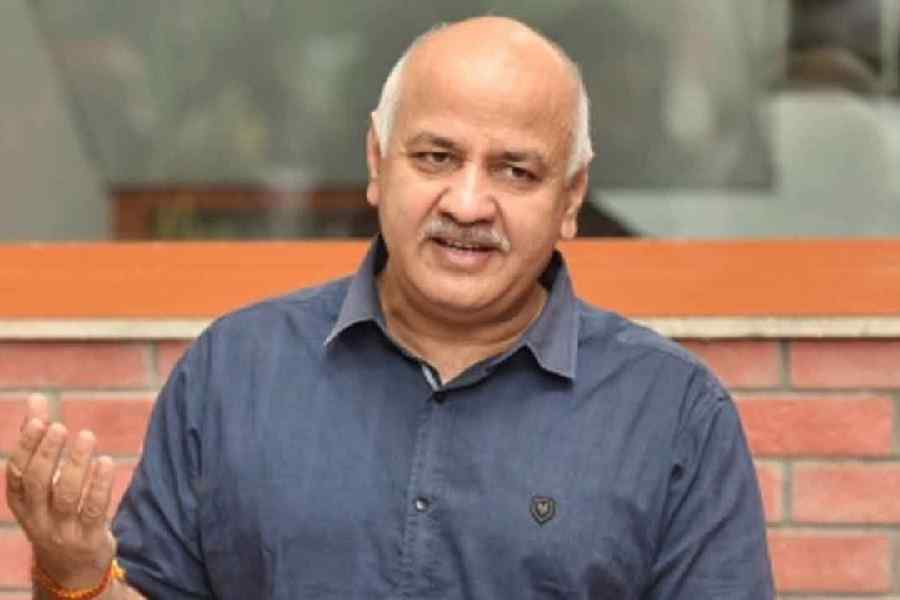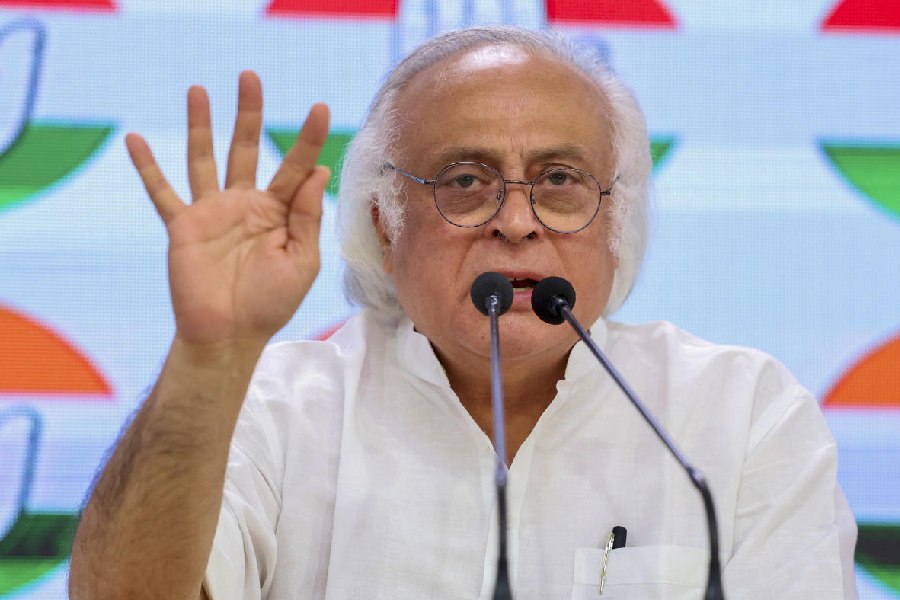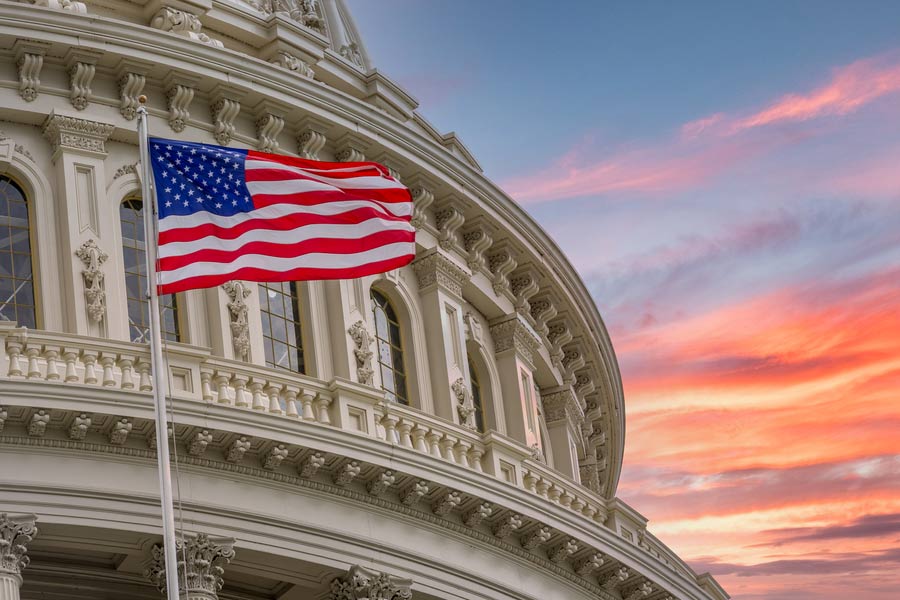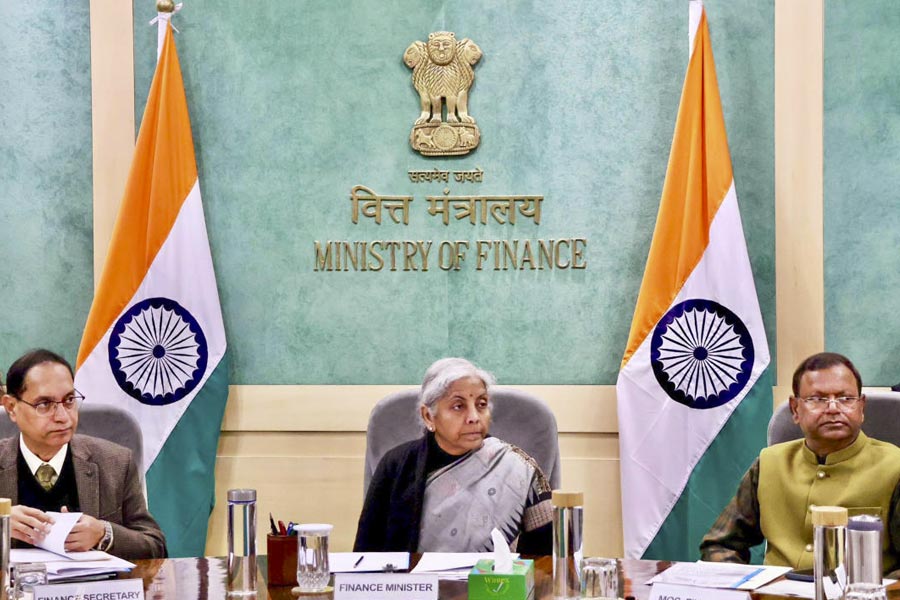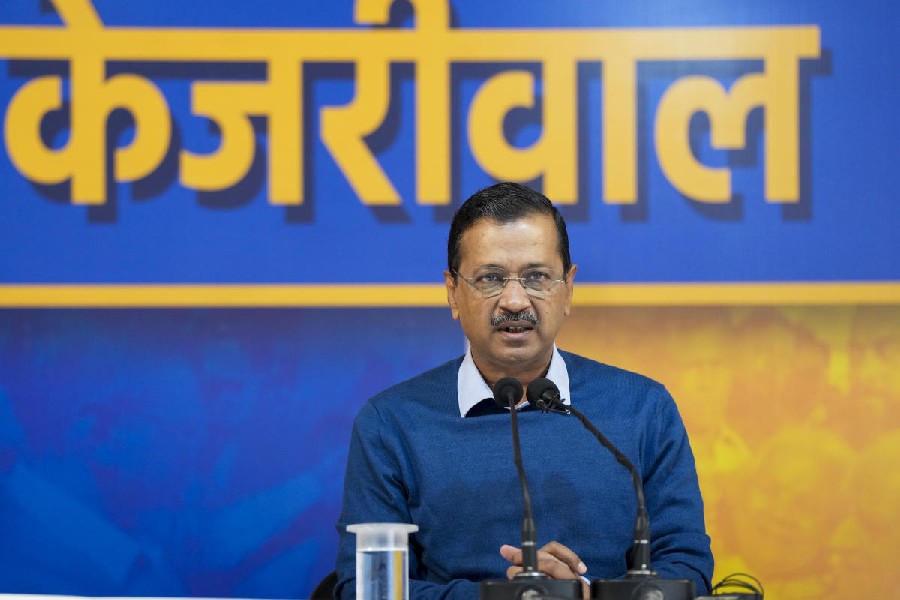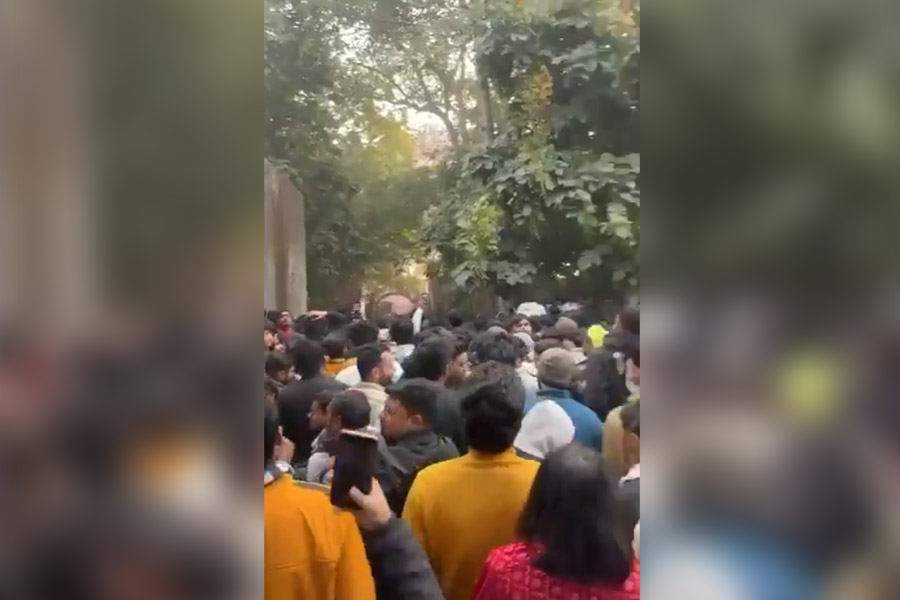A court here on Monday extended till January 10, 2024 the judicial custody of AAP leader Manish Sisodia in a money laundering case related to the alleged Delhi excise policy scam.
Special Judge M K Nagpal also sought responses from Sisodia and other accused on an application filed by the Enforcement Directorate (ED) seeking permission to file additional documents in the case.
The judge directed the accused persons to file their replies to the application by December 10.
The court also directed the ED to provide hard copies of the 540 pages of additional documents to the accused persons before the next hearing on January 10.
During the proceedings, the court also adjourned the hearing on an application moved by the ED seeking day-to-day hearing in the matter.
The judge noted that the case is currently at the stage of scrutiny of documents and that the trial will begin after this stage is over and charges are framed against the accused persons.
"The application shall be taken up at the relevant time," the judge said.
Sisodia was arrested by the Central Bureau of Investigation (CBI) on February 26 for his alleged role in corruption in the formulation and implementation of the Delhi Excise Policy 2020-21. The AAP leader has been in custody since then.
The ED arrested Sisodia in a money laundering case stemming from the CBI FIR on March 9 after questioning him in Tihar jail. Sisodia, who held the excise portfolio, resigned from the Delhi cabinet on February 28.
The Delhi government had implemented the excise policy on November 17, 2021 but scrapped it at the end of September 2022 amid allegations of corruption.
According to the investigating agencies, the profit margins of wholesalers were arbitrarily increased from 5 per cent to 12 per cent under the new policy.
The agencies have alleged that the new policy resulted in cartelisation and those ineligible for liquor licences were favoured for monetary benefits. However, the Delhi government and Sisodia have denied any wrongdoing and said the new policy would have led to an increase in revenue.
Except for the headline, this story has not been edited by The Telegraph Online staff and has been published from a syndicated feed.

